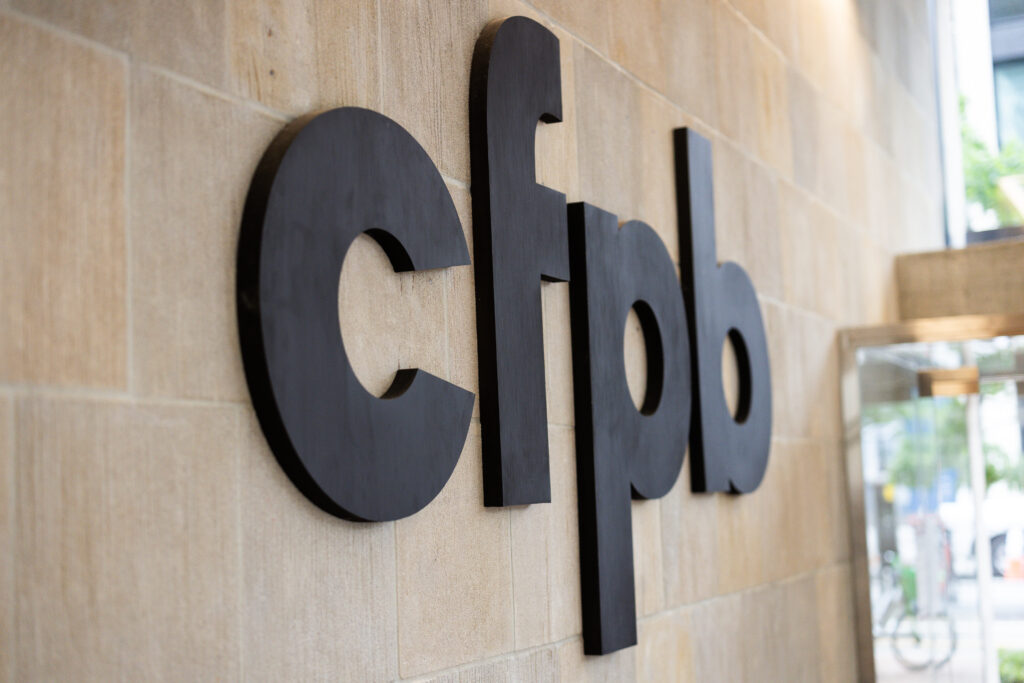The Consumer Financial Protection Bureau on June 25 extended the deadline for small businesses to adopt more stringent data collection regulations by 290 days from the original Oct. 1 compliance date.
Lenders with the highest volume of small business loans must begin collecting data by July 18, 2025; moderate volume lenders by Jan. 16, 2026; and the smallest volume lenders by Oct. 18, 2026, according to a release from the CFPB.
The CFPB originally issued the rule Mar. 30, 2023, based on congressional enaction of Section 1071 of the Dodd-Frank Act. A federal court in Texas then stayed the rule until the Supreme Court decided on a challenge to the CFPB’s funding mechanism by the Community Financial Services Association of America.
The Supreme Court ruled 7-2 in favor of the CFPB on May 16.
Updated lender filing deadlines

The data reporting deadline to the CFPB remains June 1 of the year following the beginning of data collection, according to the release. High volume lenders, or lenders with at least 2,500 covered transactions will have the first filing deadline: June 1, 2026; all lenders originating between 100 and 2,499 transactions will have a deadline of June 1, 2027.
Under the interim final rule, lenders may use 2022 and 2023 collection data or 2023 and 2024 collection data to determine their compliance date. Lenders can also begin collecting data up to a year ahead of the required deadlines.
“The CFPB has also updated its grace period to reflect the revised dates,” the release stated. “The CFPB does not intend to assess penalties for reporting errors for the first 12 months of collection, and it intends to conduct examinations only to assist lenders in diagnosing compliance weaknesses, so long as lenders engage in good faith compliance efforts.”
Industry reaction
The decision to extend the deadline by the CFPB provides a relief to lenders, but Section 1071’s litigation is not over yet, Mehul Madia, special counsel at Sheppard Mullin Richter & Hampton’s Washington, D.C., office, told Equipment Finance News.
“By pushing out the compliance deadline, the CFPB is acknowledging the impact that recent litigation brought by trade groups has had in the rule’s implementation,” Madia said. “With the bureau facing two separate lawsuits challenging 1071 — one in Texas and a second one in Kentucky — there is a chance that these deadlines can be pushed out yet again. However, given the heavy burden that lenders must bear to comply with the rule, they should still ensure they have a plan in place in the event the bureau prevails.”
A postponement until all legal challenges are resolved would prove more fruitful, the American Financial Services Association told EFN.
“AFSA appreciates that the CFPB has extended the compliance date for the small-business rulemaking,” an organization spokesperson said. “However, given that litigation over the rule is ongoing, we question why the bureau didn’t postpone the effective date until the legal challenge was resolved.”
This is a developing story









